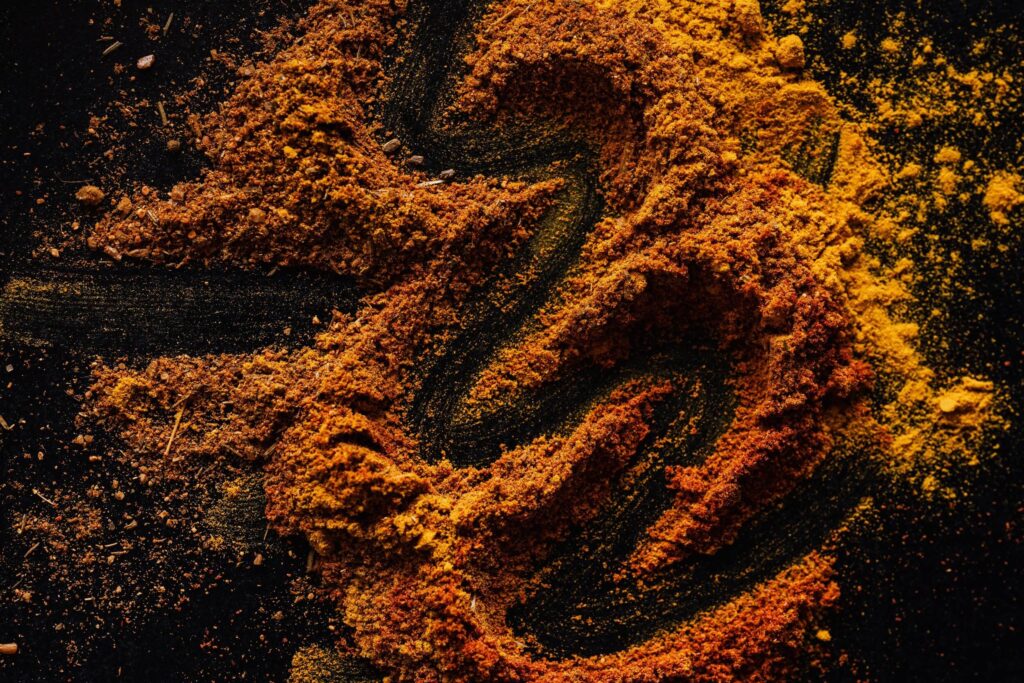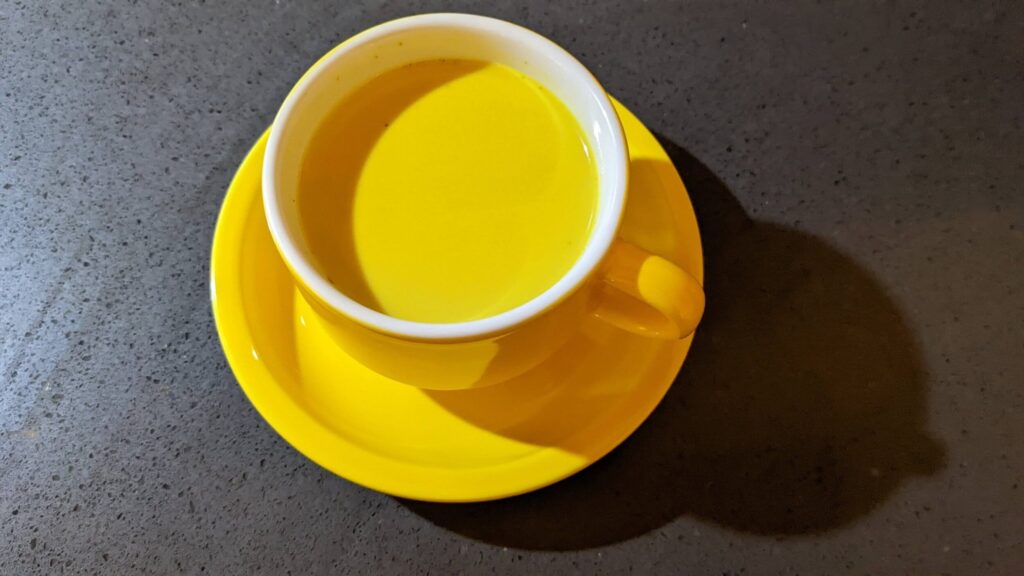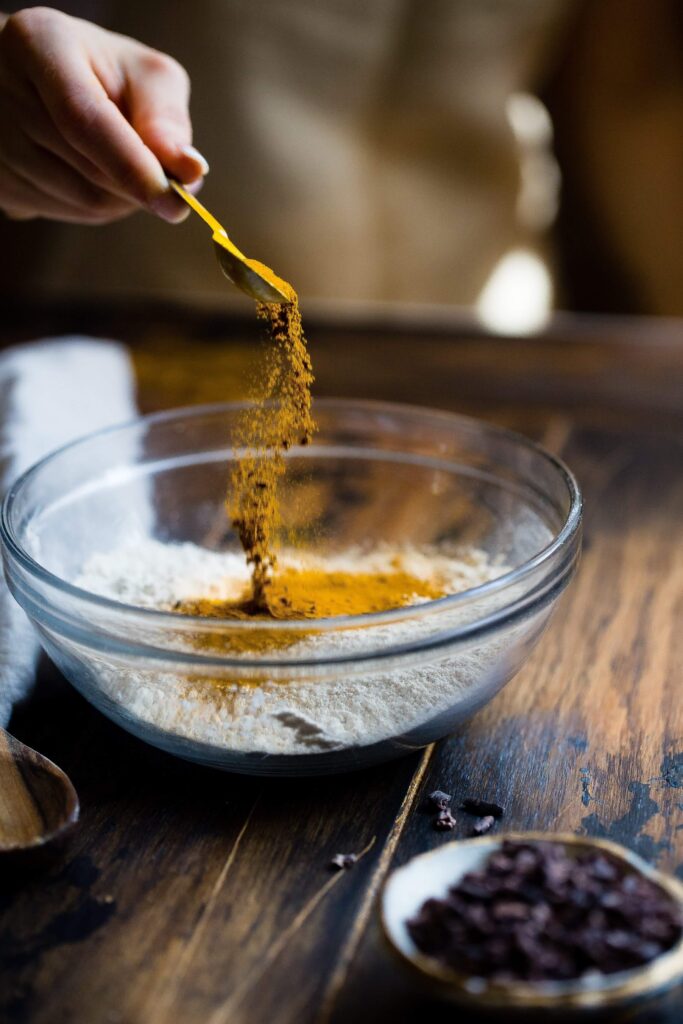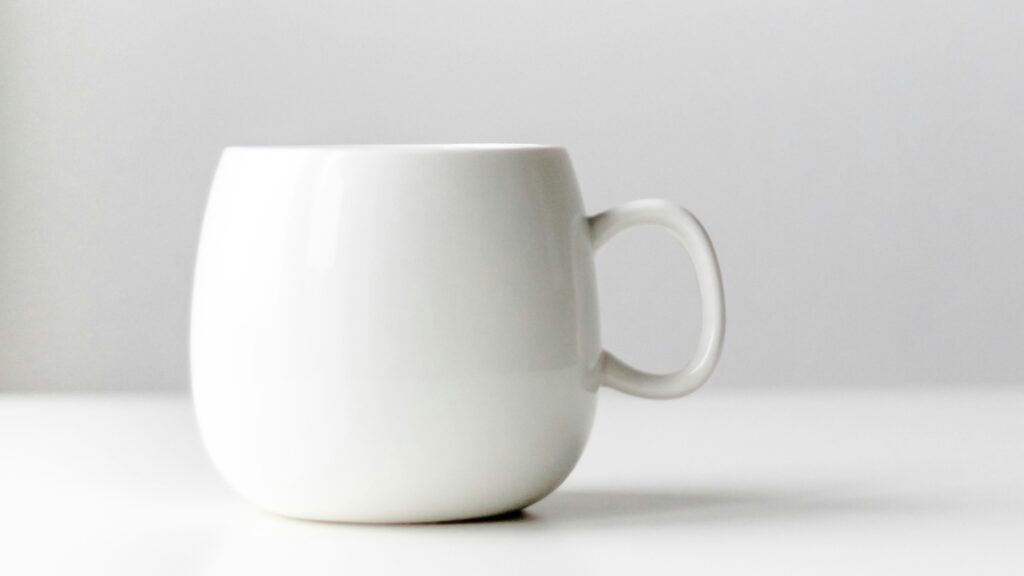Is the curcumin hype real? Cool kids are now gulping down golden lattes and devouring smoothie bowls laced with this richly hued spice. Is the science behind this ‘recovery & performance’ boon sound? Let’s find out.

Highlights
- Curcumin is the primary bioactive compound in turmeric, and it has many evidence-based benefits for your body and brain, primarily due to its anti-inflammatory and antioxidant properties,
- Curcumin has poor bioavailability, which means that most of it gets metabolised before the body is able to use it. It can best be absorbed into the digestive tract and the bloodstream when it’s consumed with healthy fats,
- Curcumin can be beneficial for heart health, arthritis and depression. It may help with blood glucose regulation and overall metabolic health.
What is curcumin?
The use of curcumin for its medicinal benefits dates back close to 4,000 years. The main compound in turmeric, referred to as the Indian golden spice, it is responsible for its many health benefits that are being scientifically validated. A member of the ginger family, curcumin is obtained from the rhizome, or root, of the turmeric plant, cultivated in the south and southeast Asia.
How does curcumin differ from turmeric?
Curcumin and turmeric are not the same things. Turmeric is a spice, and curcumin is the most active nutritional compound within turmeric. The rootstalk of the turmeric plant contains about 2–5% curcumin.
In South Asian countries, raw turmeric is used as a spice. After harvesting, the root is cleaned, cured and dried. Once dry, it is sold as-is or ground into a fine powder.
Bioactive compounds found in turmeric are known as curcuminoids. These fat-soluble polyphenolic pigments are the reason for the bright yellow-orange colour of turmeric. Curcumin is the most abundant and well-known curcuminoid. Other curcuminoids found in turmeric include bisdemethoxycurcumin and demethoxycurcumin.
How is curcumin consumed?
Curcumin is used worldwide in multiple forms and promises many different health benefits. In India, turmeric is often used in curries. In Thailand, curcumin is used in cosmetics, while in Korea, it is served in drinks. In the United States, it’s used as a colouring agent and a preservative in cheese, butter and mustard sauce.
It can be used as a spice in homemade dressing or added to marinades and spice mixtures. Fresh turmeric root can be peeled, grated, chopped and added to vegetable dishes, stews, soups, rice, hummus and scrambled eggs.
Curcumin has poor bioavailability, which means that most of it gets metabolised before the body is able to use it. It can best be absorbed into the digestive tract and the bloodstream when it’s consumed with healthy fats, like olive oil, coconut oil and ghee (clarified butter).
Piperine is the major active ingredient in pepper and a known bioavailability enhancer. It has been shown to increase bioavailability by as much as 2000% when combined with curcumin.
An easy way to consume turmeric is as a beverage. Turmeric milk is believed to naturally boost your immunity. Turmeric tea can also be made from turmeric powder or dried turmeric that has been ground or grated.
Since turmeric tea contains little or no fat, the body is only able to absorb a small amount of curcumin. To aid in absorption, turmeric tea can be combined with whole milk, yoghurt, vegetable oil or seed oil.
Six Benefits of curcumin
Curcumin has mechanisms of action that alter the activity of growth factor receptors, enzymes and other molecules. Some of its evidence-based benefits are listed below.
1. Anti-inflammatory properties
Inflammation is a natural process that helps the body protect itself from injury and illness. If inflammation becomes chronic, it is detrimental to health. Chronic inflammation drives diseases such as heart disease, fatty liver disease and diabetes. The scientific community is now increasingly lending credence to the idea that persistent low-grade inflammation plays a role in diseases like Alzheimer’s, metabolic syndrome and cancer.
The reduction of inflammation in the brain slows the development of amyloid plaques, which may help to reduce the risk of Alzheimer’s disease. Curcumin exhibits anti-inflammatory properties that can help to reduce chronic inflammation.
Arthritis is inflammation of the joints. The anti-inflammatory properties of curcumin may help to reduce the pain and stiffness of both osteoarthritis and rheumatoid arthritis. Research shows that curcumin works as well as nonsteroidal anti-inflammatory drugs by blocking inflammatory cytokines and enzymes.

2. Antioxidant properties
Oxidative stress refers to an imbalance between the creation and accumulation of oxygen reactive species (ROS) in tissues and cells and the efficiency of a biological system to detoxify these reactive elements. Curcumin is an antioxidant that can neutralise free radicals.
Antioxidants can protect against oxidative stress, which is the cell damage that free radicals cause. Oxidative stress has been linked to vision loss, cancer and atherosclerosis, the risk of which may be reduced by the antioxidant properties in curcumin.
Studies have shown that curcumin could improve systemic markers of oxidative stress. It may also prevent liver damage from strong drugs in people who take medication for certain health conditions.
3. Athletic Performance
Inflammation is the body’s response to stress. This includes over-worked muscles. Recurrent physical stress faced by athletes caused due to overtraining can lead to the release of free radicals that can be damaging to the cells and the DNA.
Research shows that curcumin can lead to faster recovery after difficult workouts and reduce exercise-induced oxidative stress. It has also been linked with lowering psychological stress.
4. Lowers risk of heart disease
Several studies have shown that curcumin can lead to improvements in heart health. It may be as effective as exercise on heart health in postmenopausal women. It improves the function of the endothelium, a thin membrane that covers the inside of the heart and blood vessels and plays a key role in regulating blood pressure.
The anti-inflammatory effects of curcumin may prevent atrial arrhythmias. There is growing evidence that curcumin may potentially play a role in protecting against many cardiovascular diseases.
5. Stimulates production of brain-derived neurotrophic factor
Curcumin stimulates the production of brain-derived neurotrophic factor (BDNF), a gene that contributes to making a protein that keeps brain cells healthy. The BDNF protein plays a role in learning and memory. Some studies have found that curcumin may improve attention and working memory in middle-aged and older adults without dementia.
Decreased levels of the BDNF protein have been linked to brain disorders such as Alzheimer’s disease. Since curcumin may increase brain levels of BDNF, it may be able to delay or reverse some brain diseases.
There’s also increasing evidence that inflammation is a factor in depression, and curcumin can reduce the body’s inflammatory response by regulating the production of pro-inflammatory markers. Research reveals that curcumin may reduce major depression or relieve anxiety.
6. Curcumin and metabolic health
A metabolic syndrome is a group of conditions that occur together and increase the risk of developing type 2 diabetes, heart disease and stroke. These conditions include high blood pressure, high blood sugar, abnormal cholesterol and triglyceride levels and obesity, particularly excess fat around the waist. Curcumin has been shown to reduce several aspects of metabolic syndrome.
Insulin resistance (when cells don’t respond efficiently to insulin) increases the risk of developing prediabetes and eventually type 2 diabetes. Curcumin can decrease insulin resistance by improving insulin sensitivity, lowering blood pressure and suppressing the production of new fat cells.
In people with diabetes, curcumin can help regulate lipid metabolism by altering the activity of enzymes involved in metabolic processes. This can lower levels of cholesterol and triglycerides in the blood.
In non-diabetic people, curcumin can improve metabolic health by lowering blood lipids.
Research on mice suggests that curcumin may lower A1C, a test that measures average blood glucose for the past two to three months.
A study on humans showed that combining Metformin, a medication that is known to lower blood sugar, with curcumin lowered inflammation, blood glucose level and oxidative stress. (23) Another study showed that curcumin reduced the risk of progressing from prediabetes to type 2 diabetes.
Side effects of Curcumin
Most people usually don’t experience side effects or negative reactions to typical amounts of turmeric acid in food. However, in some cases, a large amount of turmeric can cause an upset stomach, diarrhoea or headache.
Turmeric and curcumin can interact with some medications. Turmeric can increase the effects and side effects of the drug sulfasalazine, which is sometimes prescribed for rheumatoid arthritis. It can increase the production of stomach acid when taken with antacids.
Powdered turmeric can contain fillers—such as barley, rye or wheat flour—which can cause an adverse reaction in individuals with celiac disease or gluten intolerance. Some turmeric powders may have a high lead content, which can be toxic to the nervous system.
Food colourants such as acid yellow 36 are sometimes added to turmeric powder. They have been associated with cancer or neurological damage when consumed in large amounts.
Conclusion
Turmeric has been used for thousands of years as a flavourful spice and for health benefits. Turmeric can be peeled, grated, chopped or ground and added to soups, stews, teas and many other dishes. Curcumin is the primary bioactive compound in turmeric, and it has many evidence-based benefits for your body and brain, primarily due to its anti-inflammatory and antioxidant properties. Curcumin can be beneficial for heart health, arthritis and depression. It may help with blood glucose regulation and overall metabolic health.
Disclaimer: The contents of this article are for general information and educational purposes only. It neither provides any medical advice nor intends to substitute professional medical opinion on the treatment, diagnosis, prevention or alleviation of any disease, disorder or disability. Always consult with your doctor or qualified healthcare professional about your health condition and/or concerns and before undertaking a new health care regimen including making any dietary or lifestyle changes.
References







